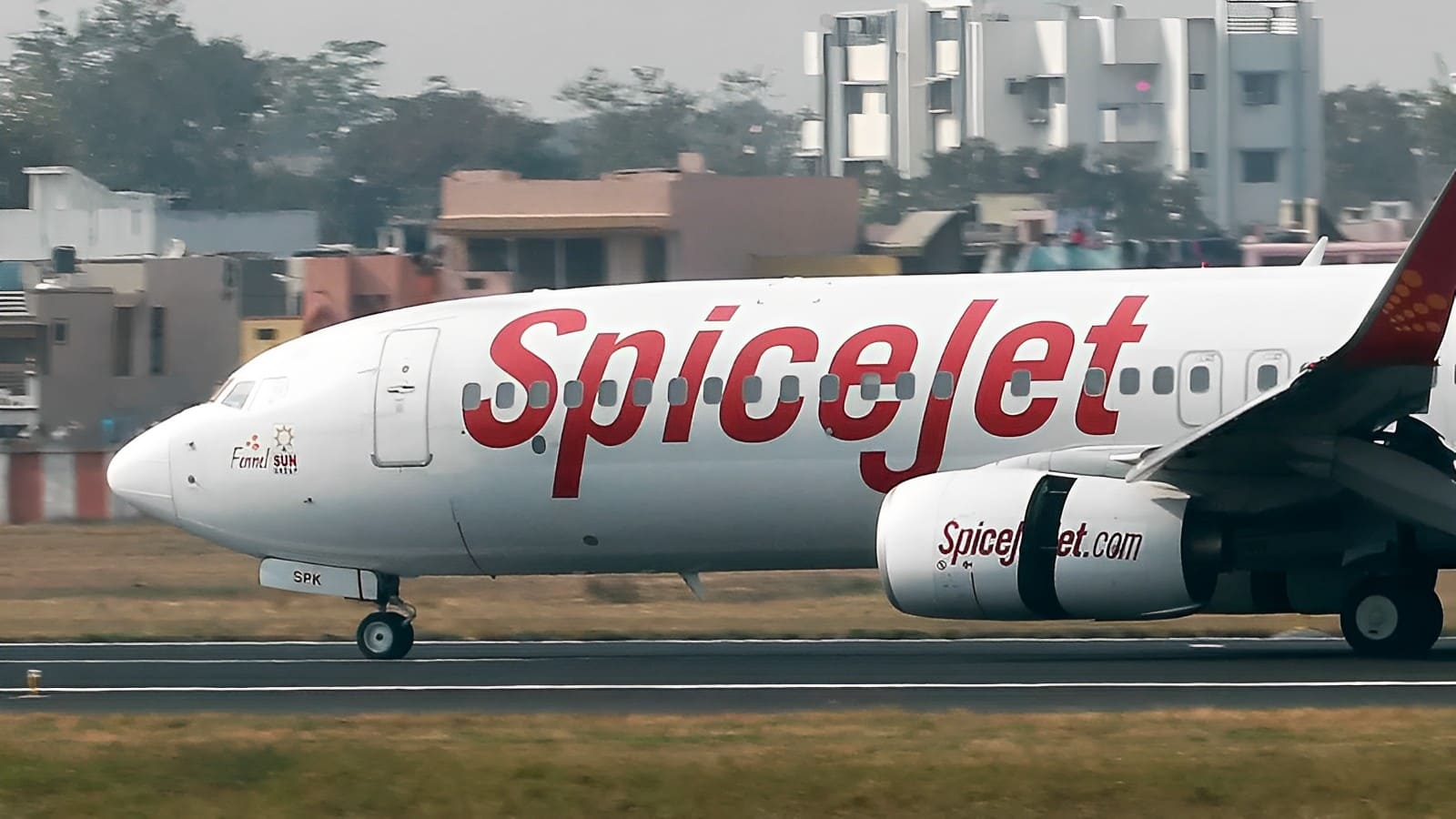SpiceJet Faces Bankruptcy Code Clause in Aircraft Lessors Dispute
In a significant development, the National Company Law Tribunal (NCLT) has called upon SpiceJet, the renowned low-cost airline, and its aircraft lessors, Aircastle and Wilmington, to closely examine the implications of a recent government notification. This notification, issued just last week, effectively lifted aviation lease agreements from the protective umbrella of the Insolvency and Bankruptcy Code (IBC).
The next hearing to delve into these complex cases is scheduled for November 7.
Aircastle and Wilmington have taken the legal route by filing insolvency petitions against SpiceJet, citing unpaid dues as their primary concern. However, the airline has vigorously challenged the very legitimacy of these petitions, citing certain technical discrepancies.
On October 3, the Indian government issued a pivotal notification clarifying that the moratorium, previously shielding companies in financial distress under the Insolvency and Bankruptcy Code of 2016, would no longer extend its protection to aircraft, aircraft engines, airframes, and helicopters governed by the Cape Town Convention.
The moratorium, once a safeguard for bankrupt firms, provided them with a degree of legal immunity and made it challenging for lessors and creditors to recover their assets. The recent removal of this moratorium has significantly altered this landscape.
While lessors have filed cases against SpiceJet in pursuit of their outstanding dues, SpiceJet, in return, has filed a plea contesting the very maintainability of Aircastle’s petition.
In its legal challenge, SpiceJet has called into question the validity of Aircastle’s power of attorney, which empowers its representative and has pointed out that Aircastle failed to file a proper affidavit in support of its insolvency petition.
The upcoming hearing promises to shed more light on these intricate matters, factoring in the profound impact of the government’s notification.
It’s important to note that the government’s decision to exempt transactions involving aircraft, aircraft engines, and helicopters from the IBC is in line with India’s international treaty commitments. The country had previously signed the Cape Town Convention and its Aircraft Protocol (CTC).
This development has not gone unnoticed on the global stage, as the Aviation Working Group, a prominent international watchdog representing aircraft manufacturers and leasing firms, had placed India on its watchlist with a negative outlook back in May. However, following the issuance of the recent notification, India has received a positive rating from this influential organization.
About SpiceJet:
Founded as ModiLuft in 1994, SpiceJet underwent a transformation when Indian entrepreneur Ajay Singh acquired it in 2004, leading to its rebranding. Today, SpiceJet stands as a prominent Indian budget airline headquartered in Gurgaon, Haryana. With a market share of 5.8% as of April 2023, it ranks as the country’s second-largest airline in terms of domestic passengers carried. Operating 630 daily flights to 64 destinations, SpiceJet serves 54 Indian and 15 international locations, with its main bases located in Delhi and Hyderabad.
For more of the Latest News, Click Here




